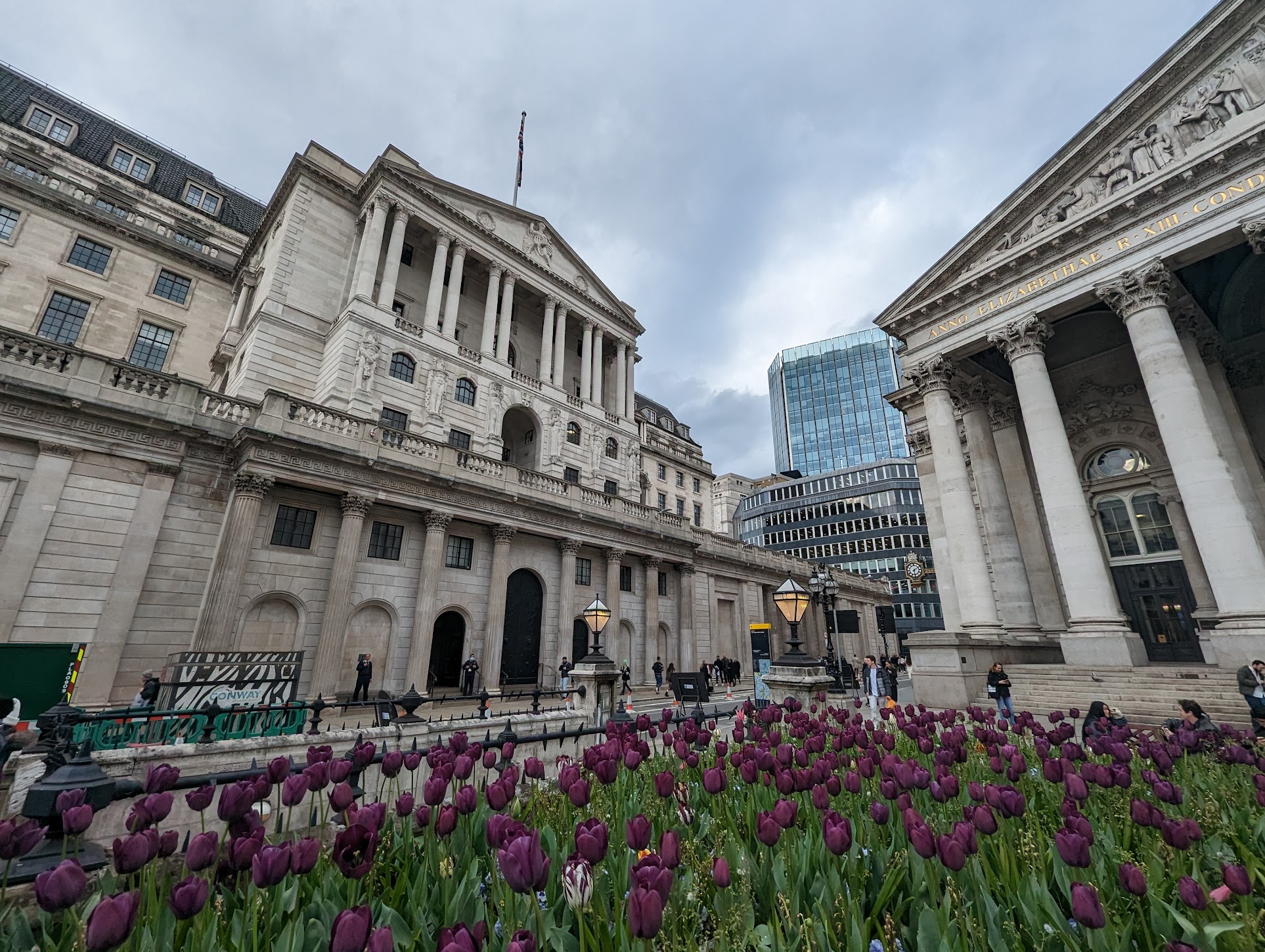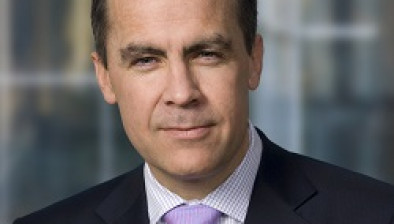Bank rate stays put at 5%

The Bank of England (credit: George Iordanov-Nalbantov)
The Bank of England’s (BoE) Monetary Policy Committee (MPC) has voted to keep the base interest rate at 5%, confirming expectations and putting off further anticipated cuts.
The MPC’s decision comes after the UK’s CPI inflation remained at 2.2% in August. It voted by a majority of 8–1 to maintain the current rate.
One member favoured a reduction in the bank rate by 0.25 percentage points, to 4.75%. The committee voted unanimously to reduce the stock of UK government bond purchases held for monetary policy purposes, and financed by the issuance of central bank reserves, by £100 billion over the next 12 months, to a total of £558bn.
The MPC noted that recent UK economic indicators were largely in line with expectations, with GDP growth expected to stabilise around 0.3% per quarter in the second half of the year. While inflation has eased, services price inflation remains elevated, and wage growth has moderated but is still above target-consistent levels.
The bank explained “monetary policy will need to continue to remain restrictive for sufficiently long until the risks to inflation returning sustainably to the 2% target in the medium term have dissipated further”.
Kevin Brown, savings specialist at Scottish Friendly, commented on the MPC’s latest rate decision: “As expected the Monetary Policy Committee (MPC) has allotted to hold rates where they are for now.
“With a mixed economic picture, between quiescent inflation, growing real wages and flatlining GDP, the rate setters have clearly opted to wait and see until we have more clarity later this year.
“This clarity is likely to emerge from the content of the government’s upcoming Budget at the end of October, and once the dynamics of winter and energy prices are clearer. Households too will be eyeing developments and potential changes that will affect their finances.”
He continued: “All this to be said, it doesn’t help with the uncertainty households will be feeling about the situation. With wages catching up, it’s important for families to ensure they have rainy day funds wherever possible to protect their personal finances against any kind of shock.
“Although rates have been held today, the cash savings market is steadily deteriorating. This means for long-term savings people may want to consider looking beyond cash for their long-term growth prospects.”








